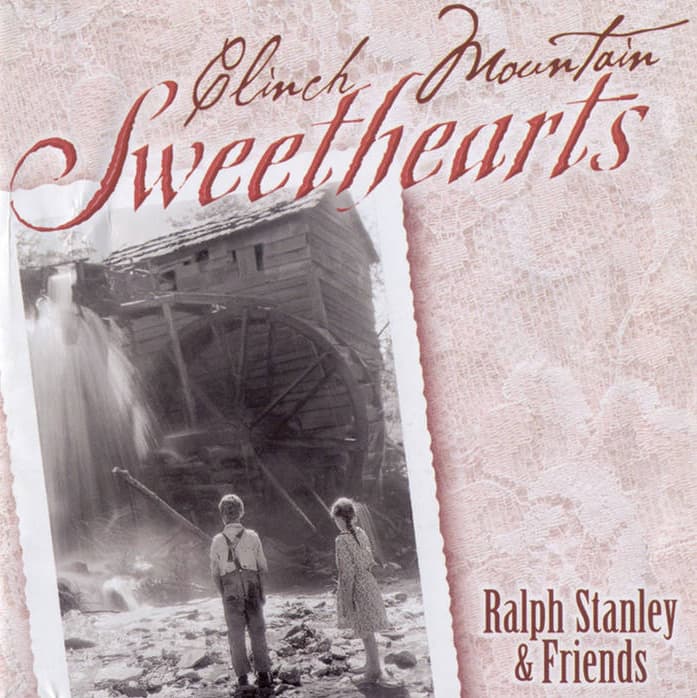
Ralph Stanley & The Clinch Mountain Boys – “O Death”: A Haunting and Soulful Plea for Mercy
Ralph Stanley’s rendition of “O Death” is a spine-chilling interpretation of an Appalachian folk classic, steeped in raw emotion and spiritual introspection. Popularized through its inclusion in the 2000 film O Brother, Where Art Thou?, this haunting track reintroduced a timeless piece of traditional music to modern audiences, earning Stanley a Grammy Award for Best Male Country Vocal Performance. Sung with sparse instrumentation and a focus on Stanley’s iconic a cappella delivery, “O Death” is a poignant meditation on mortality, faith, and the human condition.
The song begins with Stanley’s unaccompanied voice, stark and unadorned. His quavering tenor conveys both vulnerability and gravitas, evoking the timeless lament of someone pleading for their life in the face of inevitable death. This raw and stripped-down approach heightens the song’s emotional intensity, allowing every word and note to resonate deeply.
Lyrically, “O Death” is a dialogue between the narrator and Death itself, as the narrator pleads for more time. Lines like “O Death, won’t you spare me over for another year?” and “My body’s trembling, hands are cold, I have no future here to hold” reflect a profound confrontation with mortality, expressed with the simplicity and directness of folk tradition. The lyrics are both deeply personal and universal, speaking to the fears and hopes shared by all who face life’s ultimate reality.
The chorus, “O Death, O Death, won’t you spare me over for another year?” is repeated with mounting intensity, its plaintive cry underscoring the urgency and desperation of the narrator’s plea. The repetition drives home the inevitability of death while also reflecting the timeless human desire to delay the end and make peace with one’s life.
Stanley’s vocal performance is the heart of the track. His voice, weathered and authentic, carries the weight of the song’s themes with remarkable depth. The tremor in his delivery adds an almost spectral quality, perfectly suited to the song’s somber subject matter. His ability to convey both fear and acceptance makes this rendition deeply affecting and unforgettable.
The instrumentation, when present, is minimal—often just a faint drone or atmospheric accompaniment that serves to emphasize the starkness of Stanley’s voice. This choice reflects the song’s roots in Appalachian a cappella traditions, where raw vocal delivery is paramount, and instrumentation is secondary, if used at all.
“O Death” has been recorded by countless artists over the years, but Ralph Stanley’s version is widely regarded as one of the most powerful and definitive interpretations. Its inclusion in O Brother, Where Art Thou? not only introduced the song to a new generation but also brought renewed attention to the traditional music of Appalachia. Stanley’s performance in the film’s accompanying soundtrack is credited with revitalizing interest in bluegrass and old-time music, influencing artists across genres.
In the context of Stanley’s career, “O Death” stands out as a shining example of his ability to connect deeply with listeners through his unique vocal style and commitment to the traditions of Appalachian music. It also highlights his profound understanding of the spiritual and emotional dimensions of folk music, making him a revered figure in the genre.
In the end, “O Death” is more than just a song—it’s a profound reflection on life’s fragility and the inevitability of its end. Ralph Stanley’s haunting performance, steeped in authenticity and emotional resonance, transforms this traditional folk lament into a timeless masterpiece. For fans of bluegrass, Appalachian folk, and deeply soulful music, “O Death” remains an essential and unforgettable piece of American musical heritage.